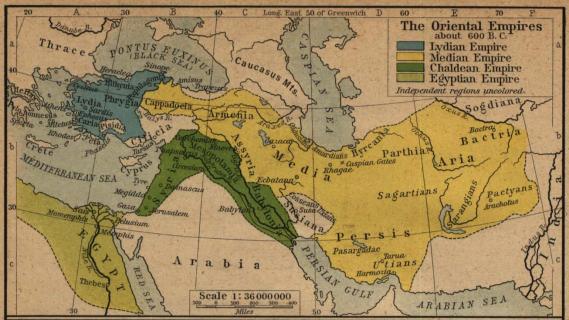
In the American literary market, books in translation represent a very small percentage of books published: only about 3 percent of all books and just 0.7 percent of literary fiction and poetry books, according to the University of Rochester. Of the books translated in 2014, many were German, French, or Spanish. Arabic, with 30 books, ranked fourth on the list. Persian stood in 23rd place and Turkish in 24th, each with only four books.
Attention to works translated from Arabic and written by authors from the region rose after the September 11th attacks. Yet, many of the stories acquired and published within this context have tried to paint for us a specific image of the “bad guys,” assuring us of our role as the “savior.” Oftentimes it is not the story and its literary merits that give a book from the region a chance for readership, but the content of the story meeting pre-existing expectations and reaffirming preconceptions.
Of course the social and political situations in these countries are troubled, to say the least. But why do we, as publishers and readers, have a desire only for the cliché, simplified black and white and not for the subtle, complex gray? For literature and its tightly woven layers?
 At a time when the geopolitical situation in the region continues to grow more complicated, perhaps it is more crucial than ever to go beyond the news and the safe clichés and to seek out literature from the Middle East. Yet, if you are not an expert in the region’s literature, you might have a hard time.
At a time when the geopolitical situation in the region continues to grow more complicated, perhaps it is more crucial than ever to go beyond the news and the safe clichés and to seek out literature from the Middle East. Yet, if you are not an expert in the region’s literature, you might have a hard time.
To get started, I would suggest that readers pick up the following works by Iranian authors and/or about Iran:
Pomegranate Lady and Her Sons, Goli Taraghi (collection of short stories)
Tehran Noir, ed. Salar Abdoh (collection of short stories)
Censoring an Iranian Love Story, Shahriar Mandanipour (novel)
Colonel, Mahmoud Dowlatabadi (novel)
Zahra’s Paradise, Amir and Khalil (graphic novel)
Persepolis, Marjan Satrapi (graphic novel)
“Transmutations of/by Language” Raha Namy (personal essay, part of World Literature Today, “Writing Beyond Iran” Cover Feature)
“How to be a Woman in Tehran” Habibe Jafarian (personal essay, in Guernica Magazine)
Women’s Writing and Muslim Societies, Sharif Gemie (theory and criticism)
I think you’ll find that these books and essays do what literature is meant to do: to raise questions (not give answers), to make us doubt (not reaffirm our views), to force us to dig deeper and face our demons, to turn our worlds upside down, and to tell good stories.
[Editor's Note: Poupeh Missaghi will lead a 4-week workshop on Reading and Writing Women's Narratives starting November 17. A few spots are still available; to sign up, click here.]
This post is part of our annual Lit Matters series, in which writers and readers express why supporting and elevating literary arts—the mission of Lighthouse Writers Workshop— is important to them. If you agree, consider supporting Lighthouse on Colorado Gives Day. Mark your calendar for December 8 or schedule your gift now. Thank you!
Poupeh Missaghi is a writer, translator, and editor. Asymptote’s editor-at-large for Iran, she is currently a Ph.D. candidate of creative writing at the University of Denver.

